Blog

Organic growing and its effect on flavor, nutrition and human health
Terroir /terˈwär/ began as the French word to describe the effect of a given agricultural environment on the characteristics of a wine. It is now recognized that terroir affects all foods and it is the effect on the plant of the soil, the climate and perhaps most importantly the microbes
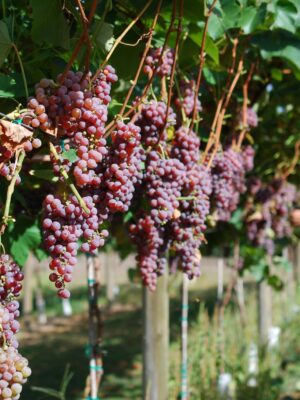
Family Owned Berry Farm in Oregon testing with microBIOMETER®
We had the pleasure of speaking to Mike Ellis of Mt. Hope Farms as he shared his experience with microBIOMETER®. We also learned a lot about his family farm in Molalla, Oregon. “Had a great opportunity to take my new microbe test kit out for a spin. It was quick
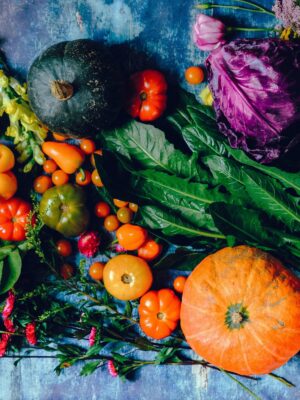
Simple ways to increase the microbial biomass in your soil
Healthy soil is brimming with beneficial microbes, and those microbes are one of the important keys to ensuring the health of your plants. Along with breaking down key nutrients for your plants, they’ll aerate the soil so nutrients are evenly distributed, and fend off parasitic microbes so your garden can
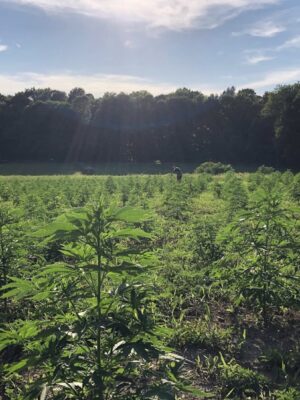
microBIOMETER® soil testing hemp plants in New York
Kerry Trammel is the owner of The Releaf Market LLC located in Jamestown, NY. The market has been open for business since March 2019. Kerry has had a license to grow hemp in New York State since September 2019. The Releaf Market uses microBIOMETER® to test their indoor grow as
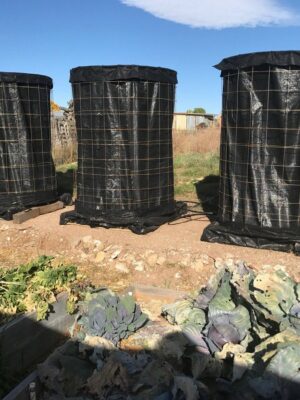
microBIOMETER® testing soil and compost in the Netherlands
With a small R & D grant awarded from the Dutch government, Jo Ploumen of the Netherlands is using microBIOMETER® to determine fungal to bacterial ratios in vermicompost filled in a Johnson-Su Bioreactor versus residence time. Jo also uses microBIOMETER® to measure microbes and F:B ratio in select soil samples
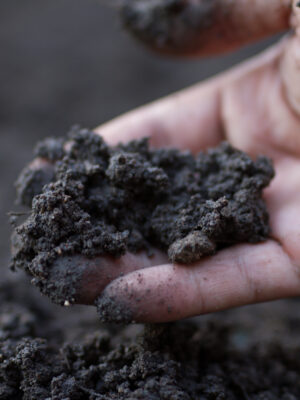
Soil Health Improvement Tracking
Microbial biomass (MB) is the best single indicator of soil health (Doran, 2000). Microbes feed and protect plants, build soil structure which prevents erosion, increase water holding capacity, and build soil organic matter (SOM). MB is low in any situation that is harmful to plant growth (and vice versa) and
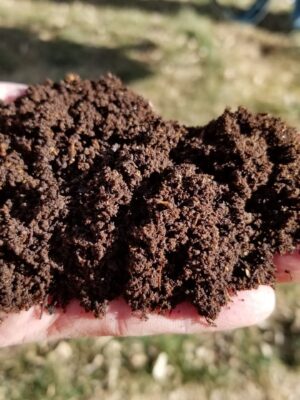
Vermicompost business using real data to increase product quality and sales
Ben Rodman is a vermicomposter with a love for all things biology and horticulture. His vermicomposting operation, Lyons Worm Works, has grown from simply diverting and reclaiming their household organic wastes into a small-scale but growing community effort. Combined with all the spent substrate from their gourmet mushroom cultivation and
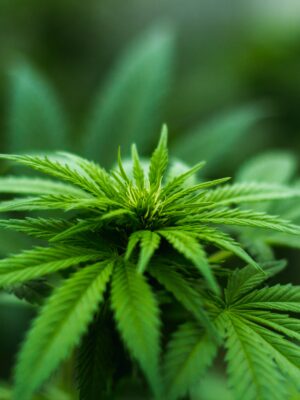
Why should you grow your cannabis in microbe-rich soil?
Many first-time cannabis growers don’t think too hard about the soil their plants will be growing in. If the soil looks healthy enough, it should be good to go, right? Well, it might be, but that isn’t enough information to tell for sure. If you really want to know whether
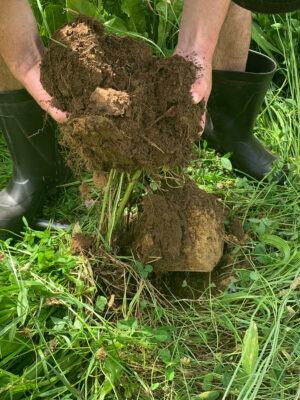
Why is microBIOMETER® the best test for soil health?
Until now tests for microbial biomass were expensive and time consuming. microBIOMETER® costs $13.50 or less and takes 20 minutes with results read by your cell phone. * Only microBIOMETER® identified soil health in a U. of Tennessee study of soil health test methods including Cornell, USDA, Alabama and other
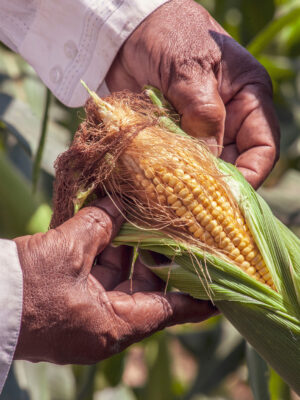
“Farming is more fun with microBIOMETER®.”
microBIOMETER® helping increase soil health in Brazil. Marcelo Chiappetta of Chiappetta Agricultural Company in Brazil shared with us how microBIOMETER® is assisting them with their soil management efforts. Their main agricultural crops are soybeans and corn. Between those crops, as they have a temperate climate during the winter months in

Does microBIOMETER® measure dead microbes?
We receive this question often and the answer is no. How do we know this? microBIOMETER® shows that soil removed from the earth and plants lose microbial biomass every day which we have confirmed with microscopic studies. The literature also confirms this. Why is there confusion? Most of the microbes
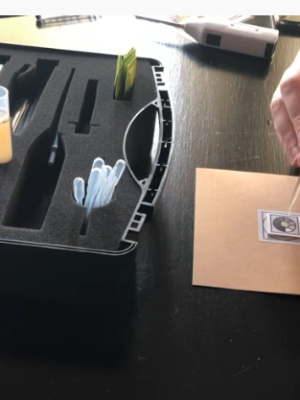
How does microBIOMETER® measure microbes?
Soil microbes are tightly bound to and often covered in soil making them very hard to evaluate by microscopy. The special magic of microBIOMETER® is the extraction powder and whisking process that separates most of the microbes from the soil. And during the 20 minute settling time allows the soil
